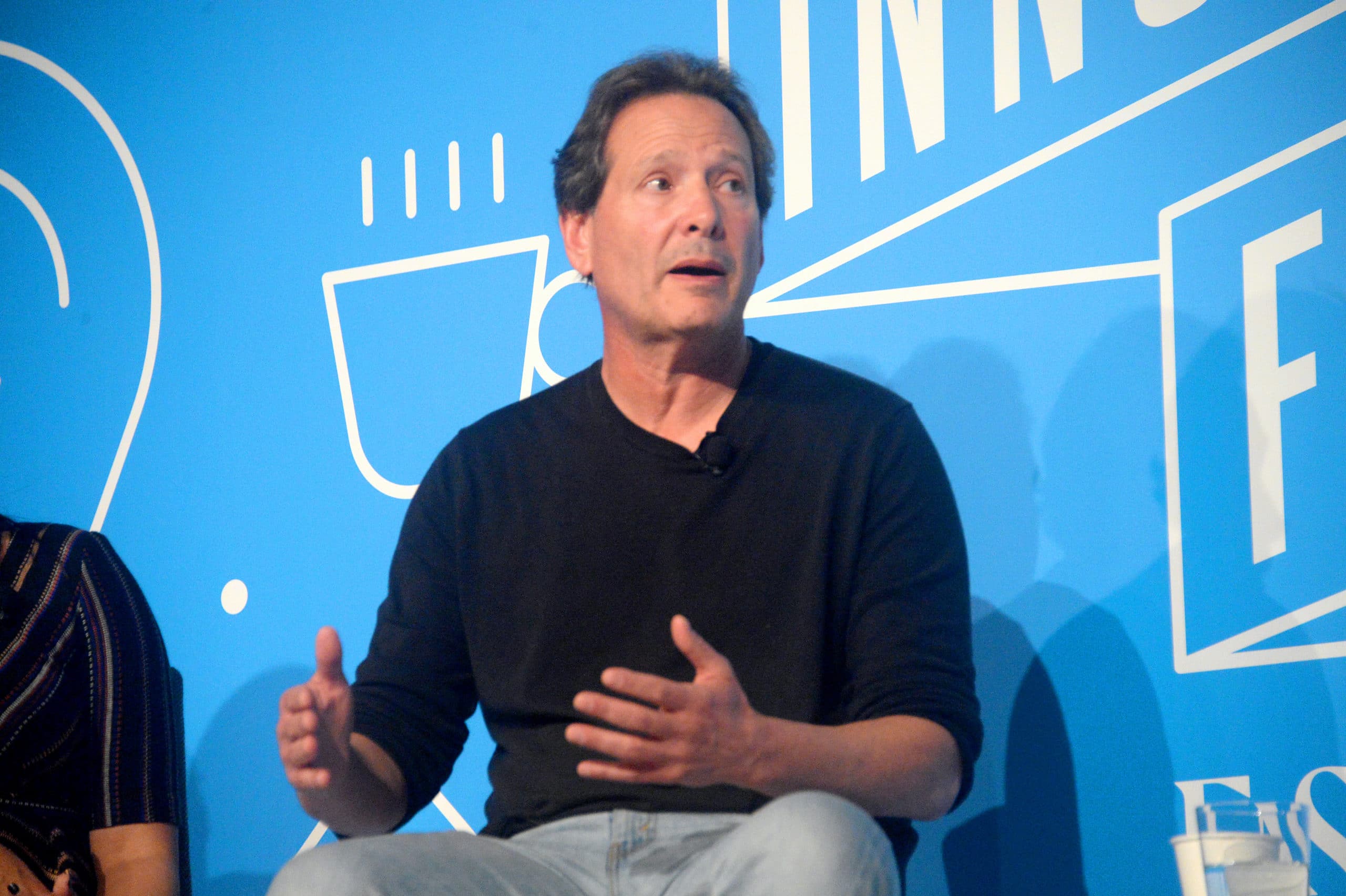Last year, PayPal PYPL +0.6% CEO Dan Schulman commissioned a study to understand how many of his employees were financially strapped. “I was almost positive the response would be, ‘No, we’re not, because you’re paying so well,’” Schulman said Wednesday at Forbes’ JUST 100 virtual summit. Internal research had shown that staff salaries were at or above market rates.
But the study’s results painted a different picture. “In all of our call centers and among our entry-level employees—more than 10,000 people inside of PayPal—two-thirds of that employee base struggled to make ends meet. That was such a huge wake-up call for me,” he said.
Hedge fund manager and philanthropist Paul Tudor Jones II spoke on the panel with Schulman and noted that, for every year he has done research for the JUST 100 list of the most responsible public companies, “The number-one element of what makes a just company is pay and living wage.” The research polls thousands of Americans to identify what factors they deem most important in defining fair corporate behavior.
In October 2019, Schulman responded to the troubling survey results by lowering the cost of healthcare for employees by 60%. He gave every worker equity in PayPal, raised salaries and rolled out a financial education program to encourage saving. The changes reportedly cost tens of millions of dollars.
ee if the changes had an impact. “Employees were four times more engaged, and three times less likely to leave the company,” Schulman said.
Loading...
Higher morale creates a workforce that serves customers better and leads to better shareholder returns, the CEO believes. His company’s stock has risen nearly 90% this year, reaching a market value of $235 billion. “This idea that making a profit and having a purpose as a company are at odds with each other is fundamentally wrong. I actually think if you don’t have a purpose as a company, you don’t see your workers as your most valuable asset and you minimize your profitability.”
-By Jeff Kauflin, Forbes Staff
Loading...
